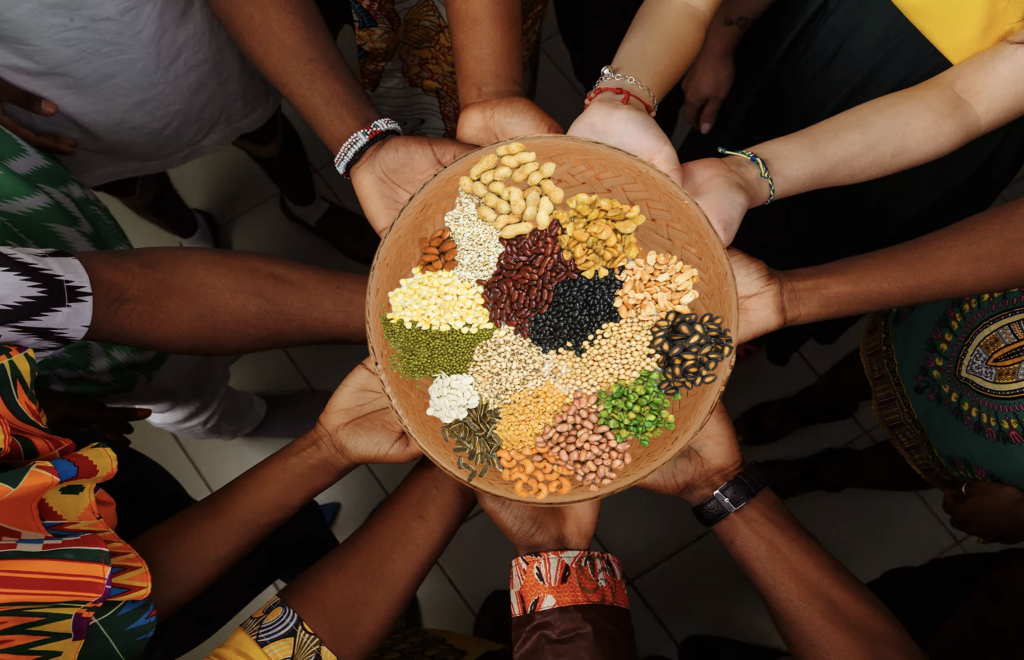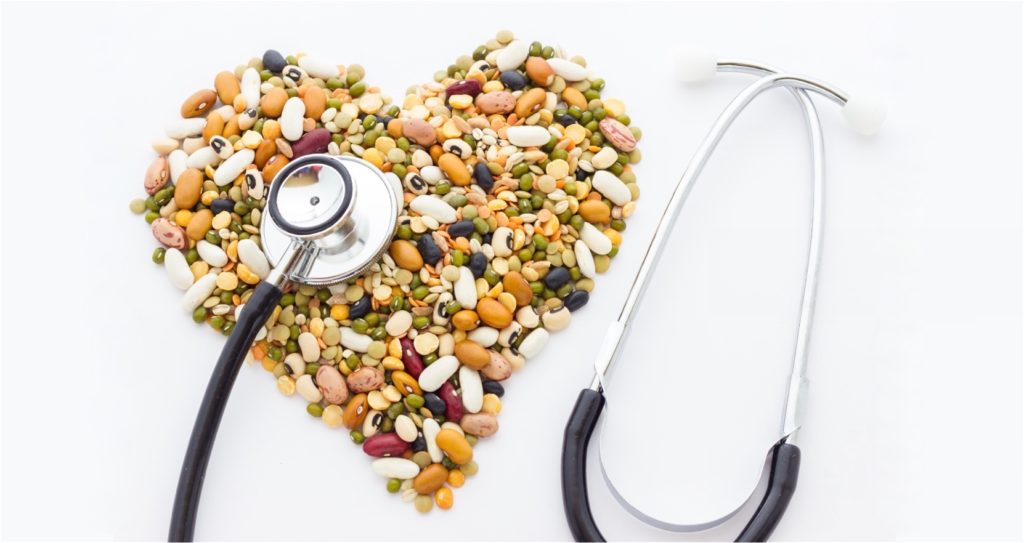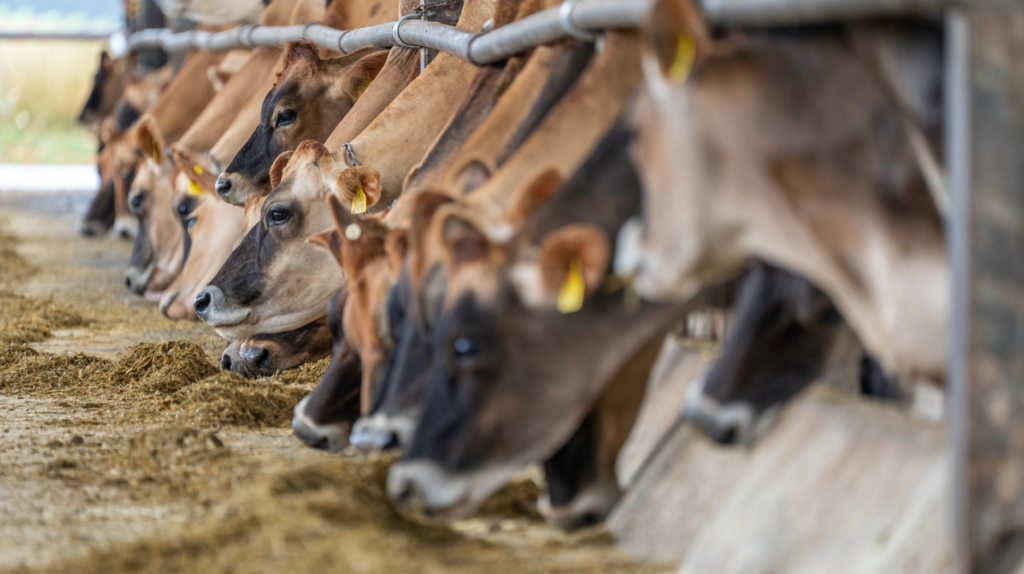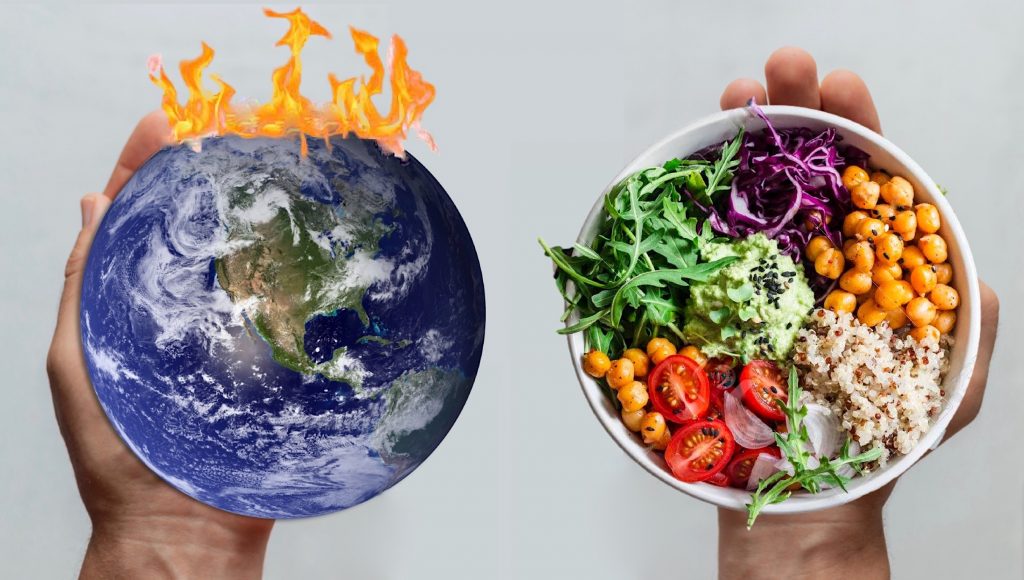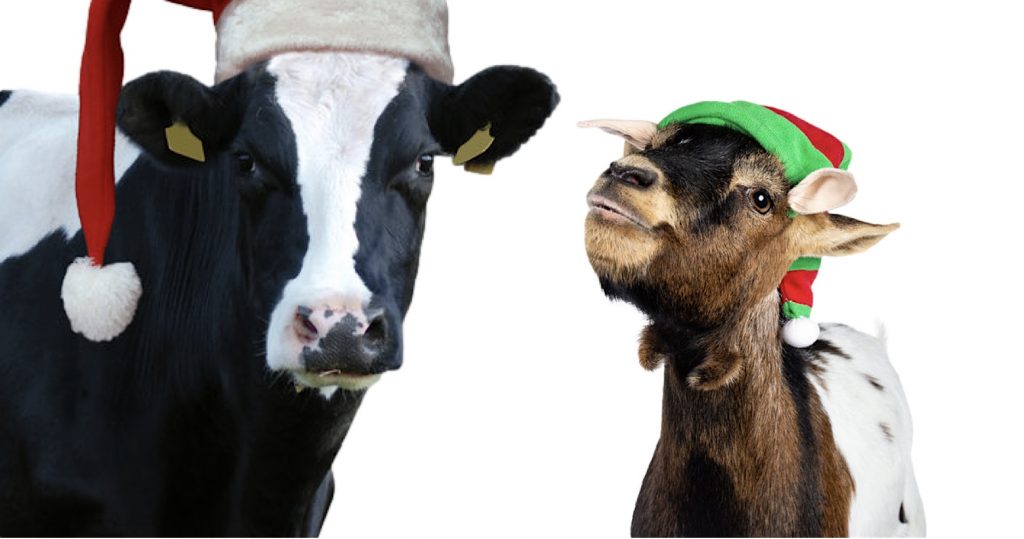Peas On Earth: How Pulses Heal Our Bodies & Our Planet This Earth Day 2024, as part of our partnership with the United Nations Beans Is How campaign, Food and Climate Alliance, and Seed Programs International, we’re scaling up our celebration of the incredible power of pulses for both personal and planetary health. Actually, technically, we’re […]
Cool Beans! How Pulses Fight Hunger and Climate Change
This World Pulses Day, A Well-Fed World is thrilled to be accepted as an official partner of the Beans Is How campaign, a United Nations initiative to double global consumption of beans (as well as peas, lentils and other pulses) by 2028. Beans Is How is a project of the UN’s SDG2 Advocacy Hub, which […]
We Need a Plant-Based Food System to Feed the World
In order to feed a growing global population, the United Nations has projected we will need to produce at least 50% more food by 2050 without using any more land. At the same time, we will need to reduce greenhouse gas emissions from agriculture by two-thirds in order to meet the minimum climate targets to […]
If You Care About the Planet, Eat a Plant-Based Diet, Scientists Urge
Last month, the world’s leading body of climate scientists, the United Nations Intergovernmental Panel on Climate Change (IPCC), published the fourth and final installment of a rigorous multi-year assessment that marks their most dire and urgent climate analysis to date. The report synthesizes scientists’ key findings, predictions, and recommendations for the best ways to reduce […]
Beans Can Save Your Heart, and the Planet
Our bean project needs sponsors! Will you show some love? Did you know that pulses— the dry, edible seeds of legumes, which includes beans, peas, chickpeas, and lentils— are one of the best foods for heart health? Not only do they confer a host of protective and preventative heart benefits, but doctors say eating pulses […]
Feed vs. Food: How Farming Animals Fuels Hunger
Have you ever heard the claim that 86% of animal feed is inedible to humans? This statistic is often used to imply that animal farming merely uses the waste from farming human food. However, the research behind this figure shows the opposite: animal feed competes with food security. Let’s break it down: Byproducts and crop […]
Earth Day? We Need An Earth Diet, Scientists Urge
In their most dire climate report to date, the UN’s Intergovernmental Panel on Climate Change (IPCC) has urged a switch to plant-based diets as the single most important shift individuals can make to halt the course of climate warming and prevent the most catastrophic impacts. For the first time in 34 years since the United […]
Holiday Gifting Got Your Goat? Don’t Have a Cow. Don’t Send One, Either.
The holiday season is here, which means many of us are aswirl in festive decorations, joyful songs, gift-giving ideas, and of course, advertisements luring us in for lots and lots of shopping. Yet as the COVID pandemic continues to threaten our global health and economic stability and the ongoing climate crisis wreaks havoc around the […]
The Secret to Farming for the Climate
A major change to how we farm is not only necessary, it’s inevitable. The 2019 Climate Change and Land IPCC report described the need to focus on changing land use and current agriculture practices in order to address the climate crisis. A quiet but growing trend of stock-free, otherwise known as veganic, farming can protect […]
Get Your Protein From Nuts, Not Meat Says Major Medical Study
In one of the largest multi-year studies of its kind, a report published last year in the International Journal of Epidemiology looked at more than 81,000 Seventh-day Adventists in the US and Canada, with participants pretty evenly split between vegetarians and meat-eaters. From 2002 to 2007, participants kept records of what kinds of foods they […]



